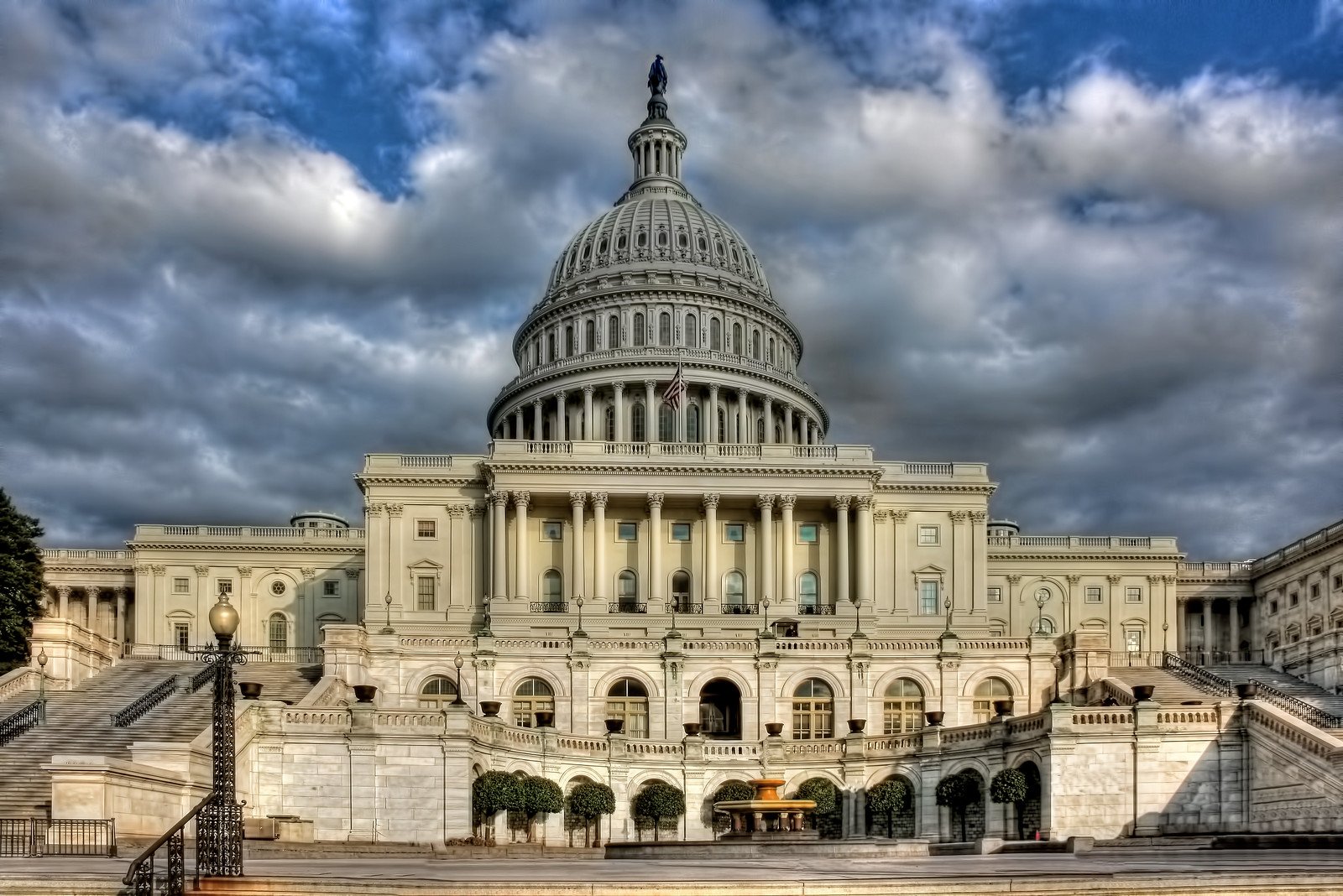
Key Takeaways
- A surprise provision in a Senate spending bill targets Bitcoin ties to terrorism.
- Senator Mark Warner's office is discussing the provision with industry insiders.
- The provision's broad implications and lack of debate have sparked industry backlash.
A recent spending bill from the U.S. Senate Intelligence Committee has raised alarms within the Bitcoin industry due to a surprise provision aimed at curbing terrorism financing through digital assets. This provision mandates identifying users to prevent sanctions, potentially disrupting the Bitcoin sector significantly.
Senator Mark Warner, chairman of the committee, has initiated discussions with industry insiders regarding the provision. The Digital Chamber, an industry lobbying group, confirmed its involvement in these talks. Cody Carbone, Chief Policy Officer for the Digital Chamber, stated:
I think it likely does get zapped out of the NDAA process given the immediate pushback from the industry.
The provision emerged from an earlier bill targeting cryptocurrency use in terrorism. It would automate sanctions on “foreign digital asset transaction facilitators” connected to terrorist groups. Although the committee passed the bill unanimously, the crypto section was not highlighted publicly, leading to concerns about its potential impact and the lack of debate.
The bill’s critics argue it could unintentionally affect a wide range of crypto interests, including central bank digital currencies (CBDCs) and software developers. They also point to the lack of awareness among lawmakers about this provision.
With the House of Representatives recently passing the Financial Innovation and Technology for the 21st Century Act (FIT21) to regulate the industry without stifling it, there is bipartisan support for more measured crypto regulation. The provision’s broad language and significant implications have prompted calls for further discussion and possible amendments.
The Bitcoin sector is wary of another unexpected legislative move, reminiscent of a 2021 infrastructure bill that introduced a sudden crypto taxation provision. This history underscores the industry’s push for a robust lobbying presence to navigate future legislative challenges.




